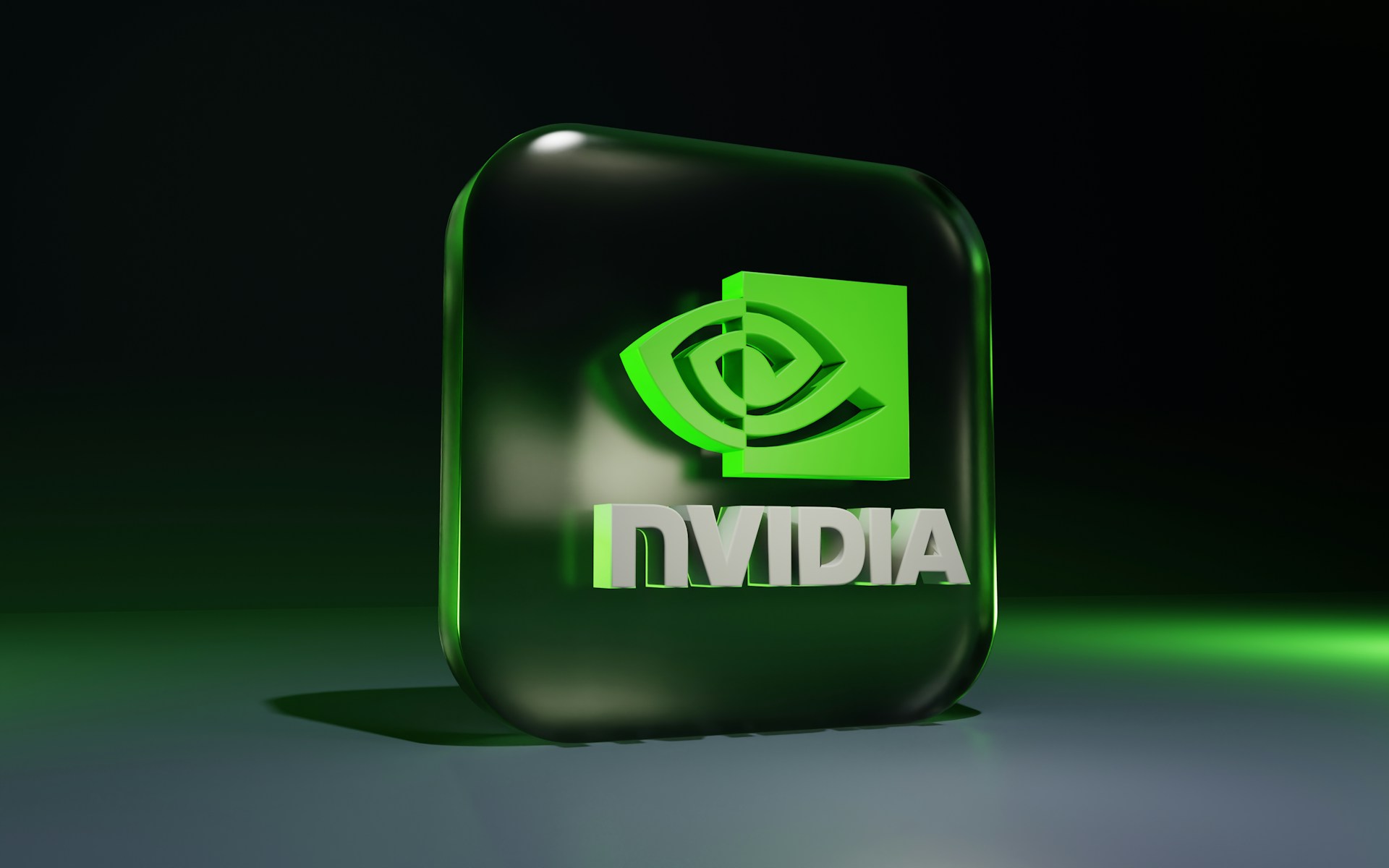Stanley Druckenmiller reveals his portfolio adjustments, which are keenly watched by investors, for stock tips in his latest Form 13F quarterly filing.
Form 13Fs allow investors to track which stocks Wall Street’s top money managers are buying and selling.
For those unfamiliar, Stanley Druckenmiller was the former hedge fund manager of Duquesne Capital, founded in 1981.
He also managed the Quantum Fund with George Soros, a billionaire currency speculator whose call to fame was breaking the Bank of England.
Stanley Druckenmiller now oversees the Duquesne Family Office fund with approximately 3.7 billion dollars of assets under management.
His active investing style, concentrating on a few stocks rather than diversifying and holding stocks for no longer than seven months, defies conventional wisdom and has been hugely successful for him.


“Stanley Druckenmiller now oversees the Duquesne Family Office fund with approximately 3.7 billion dollars of assets under management”
WEALTH TRAINING COMPANY
When Stanley Druckenmiller reveals his portfolio adjustments, speculators, short-term investors, and traders watch eagerly for clues
Stanley Druckenmiller has been aggressively dumping shares of the hottest Wall Street artificial intelligence (AI) stocks, Nvidia and Palantir, since March 31, according to his latest Form 13F quarterly filing.
Druckenmiller Duquesne Family Office’s move to jettison shares of AI’s high flyers Nvidia and Palantir is raising eyebrows.
Since March 31, 2024, Druckenmiller has sold 95% of his fund’s stake in Palantir, an American publicly traded company specializing in software platforms for big data analytics.
Headquartered in Denver, Colorado, and founded by Peter Thiel, Stephen Cohen, Joe Lonsdale, and Alex Karp in 2003.
The artificial intelligence analytics company’s stock has lost almost 40% of its value since closing at a record high on February 18.

“Druckenmiller Duquesne Family Office’s move to jettison shares of AI’s high flyers Nvidia and Palantir is raising eyebrows”
WEALTH TRAINING COMPANY
Moreover, Druckenmiller Duquesne Family Office also unloaded shares in Nvidia, another AI Stella company.
So, all of the 9,500,750 split-adjusted shares of Nvidia that Duquesne had as of June 30, 2023, were gone 12 months later.
Nvidia shed almost 600 billion dollars in January, the worst market cap loss in history for any company.
The gains for Palantir and Nvidia have been eye-popping.
Palantir stock shot higher by close of business to 2,000% (at its peak) from the start of 2023, while Nvidia’s market cap surged north of $3 trillion.
These are very uncommon gains for stocks, and Druckenmiller probably decided to take profits, which is nothing unusual for an active investor.
“Duquesne’s Druckenmiller is betting big on three stocks turning around, according to the Family Office’s 13F filings” – Wealth Training Company
AI companies have seen their price-to-sales (P/S) ratio peak from 31 to 43 times sales.
Nvidia stock hit its ceiling with a 42.39 P/S ratio in June 2024, while Palantir’s P/S ratio surged to around 100 last month.
These AI stock P/S ratios are unsustainable in the long run.
As of March 27, 2025, the S&P 500’s price-to-sales ratio is 2.934.
The typical range value is from 1.93 to 2.93.
In other words, AI stocks are in a massive bubble.
So what we can deduce is that Druckenmiller Duquesne Family Office has decided to cash in on the recent AI exorbitant rally, which many, including myself, have been sounding an alarm of a bubble.
If the AI bubble burst, stocks Nvidia and Palantir would probably be among the hardest-hit stocks.
These valuation concerns likely factored into Stanley Druckenmiller’s decision to sell AI stocks with a risk-versus-reward scenario strongly favoured locking in gains.
Magnificent 7, primarily tech stocks, are struggling in 2025.
Stanley Druckenmiller reveals his portfolio adjustments, which include piling into stocks with depressed prices and promising business
Duquesne’s Druckenmiller is betting big on three stocks turning around, according to the Family Office’s 13F filings.
Stanley Druckenmiller’s decision to dump AI stocks is no less eyebrow-raising than the stocks the active investor bought.
Philip Morris International, the tobacco stock company, flew under many investors’ radars for decades.
From 2014 through the end of 2023, Philip Morris International rose by less than 8%, and despite the stock underperformance over the decade, Druckenmiller bought 1,352,255 shares of Philip Morris stock last year.
Tobacco consumption has been declining in most developed markets, and Philip Morris can offset falling sales by increasing its prices.
Philip Morris International has a geographically diverse market base with sales operating in over 180 countries.
So. If tobacco sales decline in developed markets, there is a strong probability that sales will improve in emerging markets with burgeoning middle classes.
So, Phillip Morris’s geographic diversity shelters it from regional downturns.
Moreover, the tobacco company has also diversified into smoke-free products.
Its oral nicotine pouches and heated tobacco system have provided double-digit increases in sales and improved its earnings growth rate.
“Last year in 2024, Duquesne bought 8,997,400 shares of Teva, making it Druckenmiller’s fourth-largest holding” – Wealth Training Company
Stanley Druckenmiller reveals his portfolio adjustments with Warner Bros. Discovery being a buy
In 2024, Druckenmiller oversaw the purchase of 4,657,650 shares of Warner Bros. Discovery.
Like most legacy media companies, Warner Bros. is spending aggressively to build out its streaming content, which looks promising. Global direct-to-consumer subscribers grew by more than 19 million last year to 116.9 million, while average revenue per user hovered in the mid-to-high $7 range.
Warner Bros. has also bolstered its balance sheet following AT&T‘s spin-out of Warner Bros. and its subsequent merger with Discovery in April 2022.
The company plans to restructure into two separate divisions, Global Linear Networks and Streaming & Studios, before the second half of 2025.
Teva Pharmaceutical Industries makes the lucky trio, as Stanley Druckenmiller reveals his portfolio adjustments
The active billionaire investor has been filling his boots with pharmaceutical stock Teva Pharmaceutical Industries.
Last year in 2024, Duquesne bought 8,997,400 shares of Teva, making it Druckenmiller’s fourth-largest holding.
The company has been the target of a string of litigations due to its role in the opioid crisis and its pricing of generic drugs.
Teva settled the opioid litigation lawsuit in July 2022 with 48 states with a $4.25 billion settlement paid over 13 years.
$1.2 billion of this amount is comprised of Narcan, the drug used to counteract opioid overdoses.
Teva is shifting its focus and capital expenditures toward higher-margin novel-drug development.
The outcome for the company looks promising as sales climb again.
Druckenmiller reveals his portfolio adjustments, which are somewhat tendentious and eyebrow-raising

















